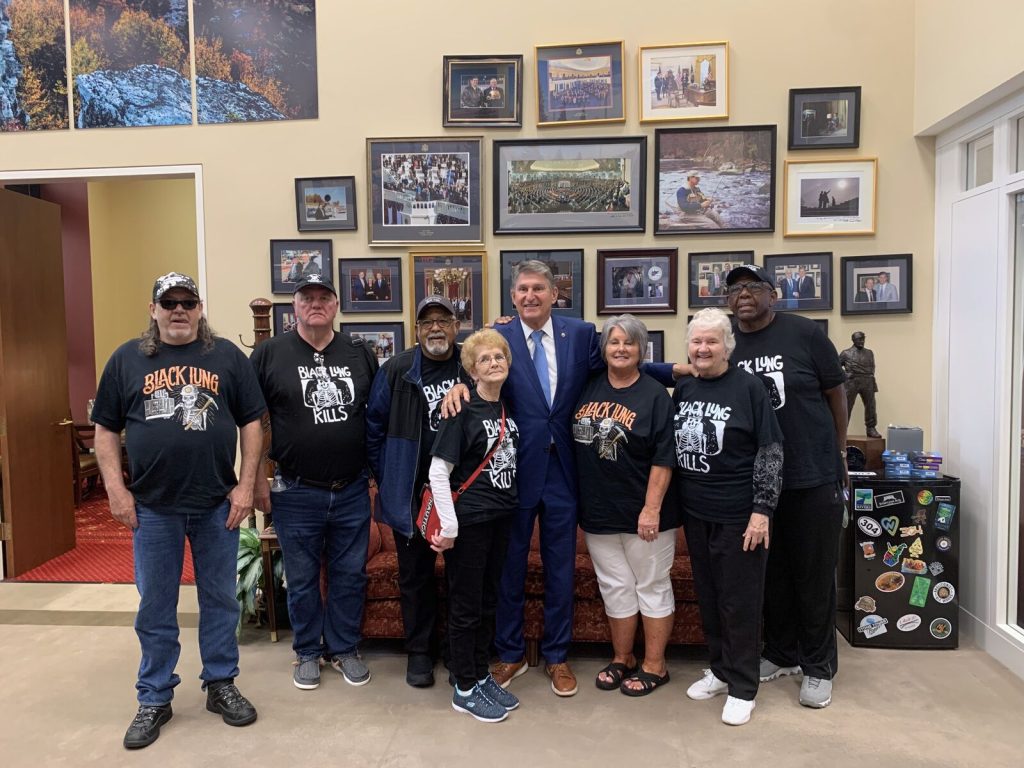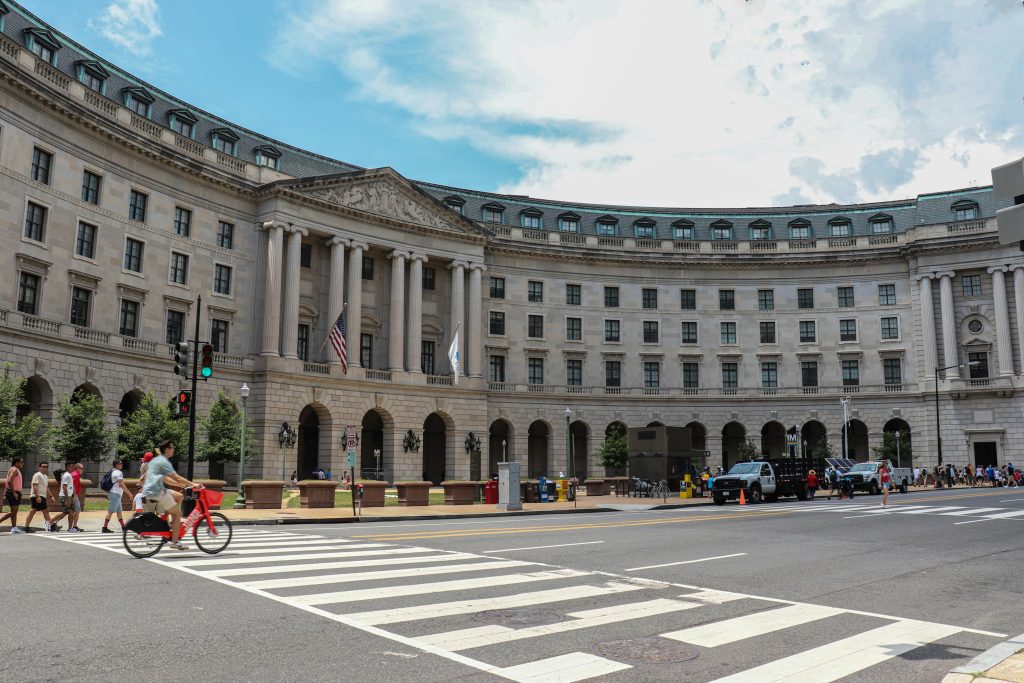Community Efforts to Stop Construction of Rockwool Plant in West Virginia Continue
Grassroots activism against Rockwool, a proposed stone insulation manufacturing plant, continues in Jefferson County, W.Va.
Many residents were not aware of plans for the facility, which would spin rock into material for industrial insulation and other uses, until construction broke ground in June 2018. State and local government officials had been working with the Netherlands-based Rockwool to smooth the way for the plant, securing permits and offering them a five-year tax break.
When locals found out about the plant, many banded together against it. Community groups opposed to Rockwool include Eastern Panhandle Green Coalition, Jefferson County Vision, Rural Agriculture Defenders and Resist Rockwool.
Architect Gavin Perry analyzed the potential environmental impacts for the group Concerned Citizens Against Rockwool – Ranson, WV, listing potential damaging effects to waterways and marshes as well as groundwater. The area has porous karst topography, and there is a high density of sinkholes near the proposed site.
A top concern is air quality; the plant is permitted to emit 470 tons of volatile organic compounds into the air annually. Its proposed location is a little more than 1,000 feet from an elementary school and within two miles of three other schools.
The group Jefferson County Prosperity favors the plant, noting the company’s projection that it will supply 150 jobs.
Rockwool’s efforts to connect to a fracked-gas pipeline have furthered controversy. Columbia Gas sought to drill a pipeline beneath the Potomac River on Maryland public property, which the state denied. Columbia challenged the decision in court, but in August, a federal judge upheld the Maryland’s sovereignty. Rockwool will still have access to natural gas; Mountaineer Gas has extended a pipeline to reach the facility.
The question of how the plant would access sewer services is one of the latest fronts in the community effort to stop construction. In September, hundreds of Charles Town, W.Va., residents petitioned the city council to require a supermajority in order to approve a state-funded sewer pipeline for the Rockwool plant, according to Spirit of Jefferson and Farmer’s Advocate. The council unanimously rejected the petition.
Also in mid-September, local nonprofit group Jefferson County Vision filed a lawsuit arguing that Ranson, W.Va., improperly issued the facility’s building permits because sewer service was not arranged at the time.
On Aug. 13, a county judge dismissed a lawsuit that Jefferson County Vision brought against the Jefferson County Development Authority for the facilitation of a “payment-in-lieu-of-taxes,” or PILOT, agreement designed to make Jefferson County attractive to Rockwool. In his ruling, however, the judge noted that it is “not an enforceable agreement — it is merely a proposal.”
In a statement, Jefferson County Vision Board Member Shaun Amos said, “With this ruling, all governmental bodies in Jefferson County are free to disregard PILOT and require that Rockwool pay their fair share of the taxes they owe to our community.”
A public hearing for the potential renewal of Rockwool’s construction stormwater permit will be held on Oct. 23 from 6-8 p.m. at Storer Ballroom at the Shepherd University Student Center in Shepherdstown, W.Va. After the public hearing, the comment period will continue until 8 p.m. on Oct. 31. — By Molly Moore and Kelsey Stratman
Related Articles
Latest News

Leave a comment
Your email address will not be published. Required fields are marked *




